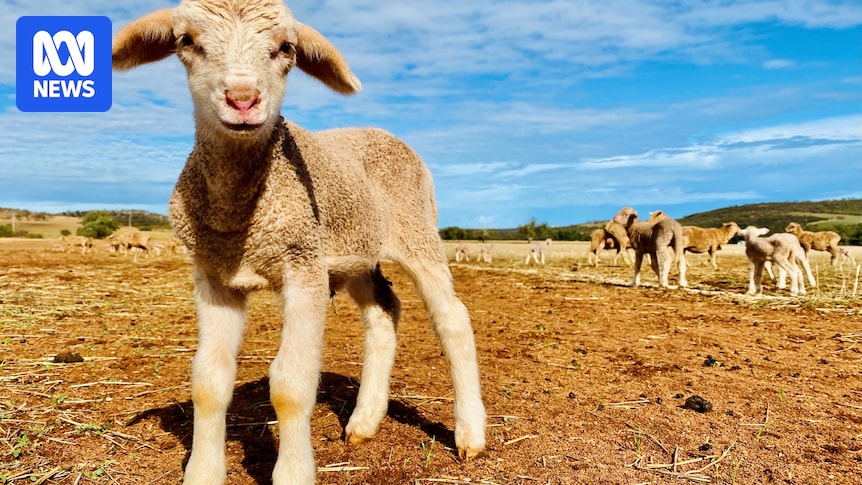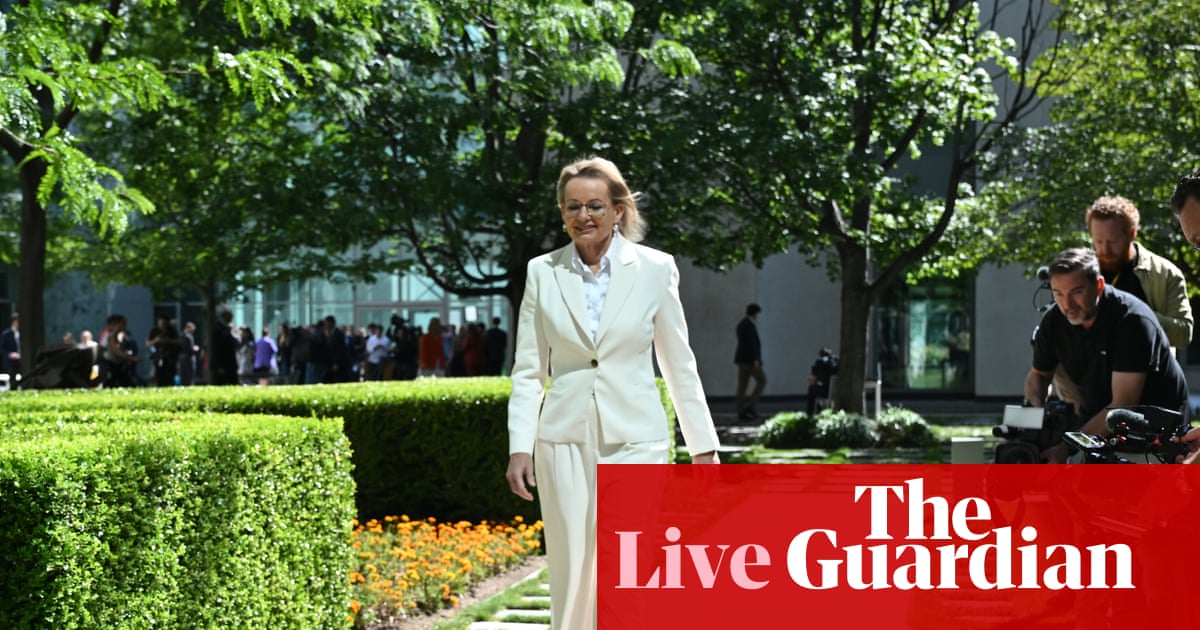
Australia’s leading wool producers’ body is preparing to lodge a formal complaint against the financiers of the popular drama series North Shore, alleging an unfair and inaccurate depiction of agricultural practices funded by taxpayer money. The series, a murder mystery set in Sydney, first aired on Network Ten in 2023 and has recently gained international attention on Netflix.
The controversy centers around the third episode, which has sparked outrage among sheep farmers due to its portrayal of mulesing—a procedure involving the removal of excess skin from lambs to prevent flystrike. The episode describes mulesing as a “barbaric” act of “hacking huge chunks of wrinkly skin” from sheep “without an anaesthetic,” with a character asserting that “sheep get flyblown anyway.”
Industry Backlash and Concerns
Wool Producers Australia chief executive Jo Hall has criticized the episode as “woefully ill-informed” and a “grossly false characterization” of mulesing, which she argues is a form of activism disguised as entertainment. “Mulesing is a once-for-life procedure done in the notion of lifetime welfare outcomes to stop breech flystrike,” Hall stated. “When it is done with pain relief, it is one of the most effective interventions that can be done for susceptible sheep.”
According to Hall, nearly 90% of sheep producers who practice mulesing use appropriate pain management techniques. “It’s unfair misinformation that has concerned us,” she added. Hall’s concern is that viewers of North Shore might accept the dramatized portrayal as factual, especially those unfamiliar with the industry.
The Mulesing Debate
Mulesing has long been a contentious issue. Despite advancements in surgical techniques and the development of pain-relief chemicals, animal rights groups continue to condemn the practice as cruel and unnecessary. Australia remains the only country that allows surgical mulesing, a fact that fuels ongoing debate.
Hall emphasized the need for accurate representation, particularly given the support North Shore received from taxpayer-funded entities like Screen Australia and Screen NSW. “Given the production was supported by both Screen Australia and Screen NSW, and the fact that it has trended so well on Netflix, we will be writing to both those organizations with complaints, because we think it is an unfair portrayal of our industry,” she said.
Implications for the Industry
The portrayal of mulesing in North Shore raises broader questions about the responsibilities of media productions when depicting real-world practices. Hall argues that productions supported by public funds should ensure their content is fact-checked, particularly when it could impact public perception of an entire industry.
The producers of North Shore have been contacted for comment, but as of now, no response has been received. The debate highlights the ongoing tension between agricultural practices and public perception, a dynamic that continues to evolve as media platforms like Netflix reach global audiences.
Meanwhile, the wool industry is left to navigate the repercussions of such portrayals, balancing the need for effective animal welfare practices with the growing demand for transparency and ethical standards. As the conversation around mulesing and similar practices continues, stakeholders on all sides are urged to engage in informed dialogue, ensuring that both animal welfare and industry viability are maintained.
As the situation develops, Wool Producers Australia plans to further address these concerns with Screen Australia and Screen NSW, advocating for a more balanced representation of the industry in future media projects.







